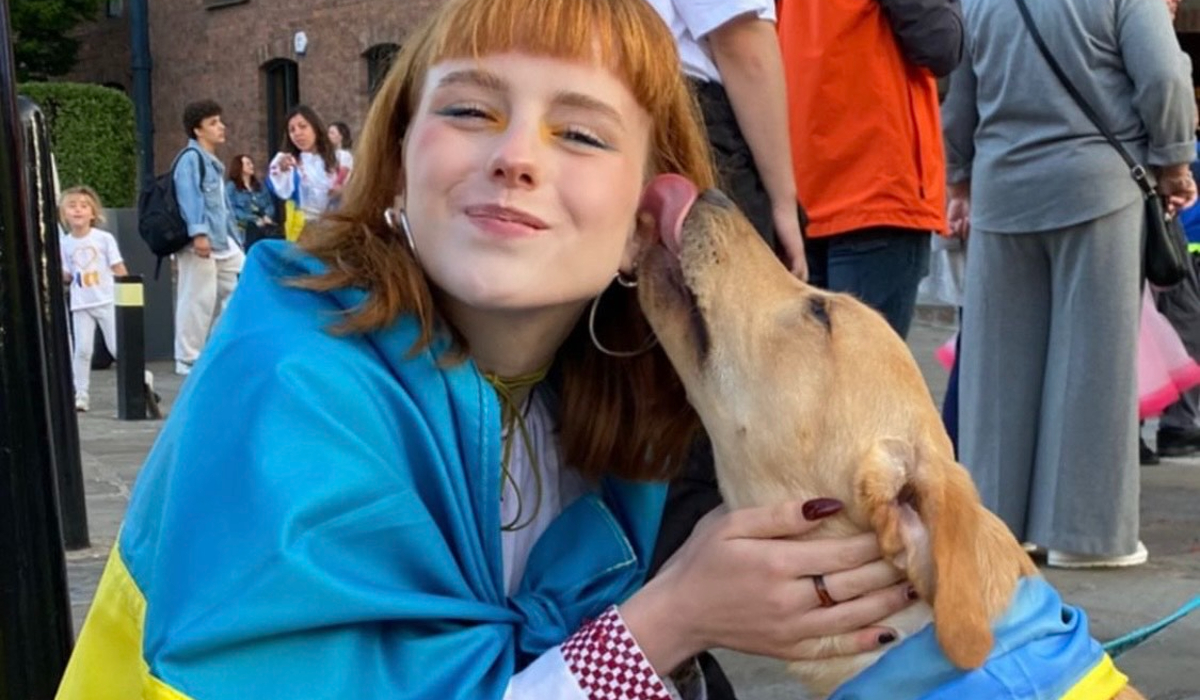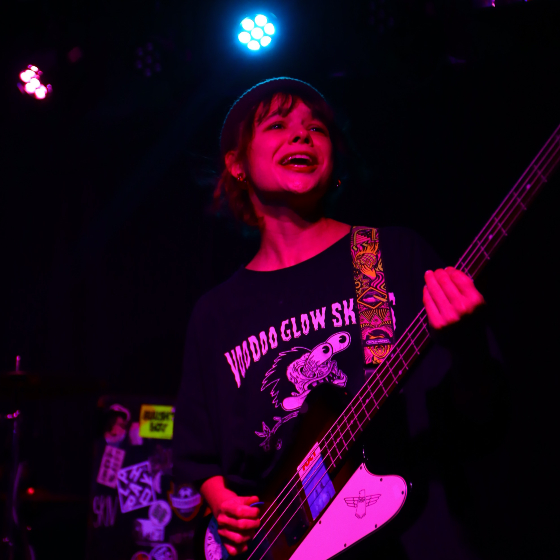ONE YEAR ON: THE IMPACT OF EUROVISION AND LIVERPOOL AND ITS UKRAINIAN CREATIVE COMMUNITY
At the beginning of May 2023, Liverpool hosted the 67th edition of the Eurovision song contest on behalf of Ukraine, arguably the biggest and most globally significant event that the city has ever held.
It’s undeniable that the impact of Eurovision on Merseyside and the surrounding region was huge. Alongside the televised final, Liverpool City Council and the National Lottery came together to programme a monumental selection of free live music across the city including huge performances from acts such as The Lightning Seeds, Sophie Ellis-Bextor and Miles Kane at the Eurovision festival village on the Liverpool Waterfront. In addition, a number of creative works were put in place across the city to honour Ukraine. Yet, one year on, can the financial and cultural impacts of Eurovision still be felt throughout the city and has Liverpool’s Ukrainian creative community benefited from the event?
The immediate effects of Eurovision on Liverpool were huge. A Multi-Agency Evaluation Steering Group led by Liverpool City Council found that the event and its surrounding activity brought an additional 306,000 people to the city and boosted the region’s economy by £54.8 million. Of course, the financial benefits will positively impact the city going forward, yet the cultural impact of Eurovision could be felt even further. Two significant educational community programmes, EuroStreet and EuroLearn, were set up to engage people of all ages from the Liverpool City Region and allow them to get involved in a wide range of cultural events. These programmes are estimated to have directly worked with over 50,000 people, offering them the chance to gain experience in music and cultural events, a place to showcase their creative talents and inspiring them to connect more closely with the city’s fantastic music, art and culture scene. In turn, this has undoubtedly positively impacted the city and its creative community as a whole.

However, the impact of Eurovision on Liverpool’s Ukrainian creative population is more complicated. Alongside the event itself, Culture Liverpool curated a two-week culture festival named EuroFestival which presented 24 brand new commissions, 19 of which were in collaboration with Ukrainian artists. Liverpool-based Ukraine musician Evangelina Zamula, who performed on Chavasse park as part of the surrounding Eurovision programming, said:
“It was a brilliant opportunity to reconnect with Ukrainians all around enjoying the Eurovision and also be a part of it. It warmed my heart to see pieces of Ukrainian culture on the streets of Liverpool”.
These wider cultural offerings certainly raised the awareness of Ukrainian culture within the city and helped showcase Ukrainian creative talent, yet the effect of the project on the career of Ukrainians within the city remains in question. Ukrainian national, Lisa Tivonenko, bassist in local band Deshine, commented:
“For me, Eurovision didn’t aid my career as a musician. Of course, It’s a great opportunity for our country and our people to get support, that’s why we are so grateful for it, but it hasn’t helped my career”.
Having said this, the cultural impact and opening of opportunities is not limited to musicians. There are many ukrainian creatives operating in the world of music who were also affected by Eurovision and music photographer Yuliia Hryb felt that:
“Eurovision had a positive influence on artists here, creating opportunities for networking and collaboration. These connections aid in forming creative collectives and companies”.

Lisa Tivonenko did also add that, although she doesn’t feel the event directly impacted her own work, it has raised the profile for Ukrainian music worldwide stating:
“People started to know that Ukraine has musical talent. Some bands became known in the UK and for sure it’s because of Eurovision. I’m proud that Ukraine is becoming known, not only as a country of brave and strong people, but also a country with incredible musicians and artists”.
So, among Merseyside’s Ukrainian creative community it seems as though the direct, long-term career impacts may be limited, yet the wider awareness for Ukrainian culture has improved the lives of Ukrainian locals and had a positive impact on Ukrainian music, both in Liverpool and globally. The financial and cultural impacts of Eurovision, both on the city and its Ukrainian community, will be felt for time to come, yet there is still more that we can do to elevate the Ukrainian musicians and support Ukraine itself. Evangelina Zamula added a final poignant comment, saying:
“Eurovision opened people’s eyes to what Ukraine really is, how talented our people are and how unique our culture is. We shared a big part of ourselves to the whole world and showed how our lives were before the war started. We cherish those peaceful times but never forget that we are still fighting for our freedom everyday”.
Words by James Booton /@bootmusicuk





